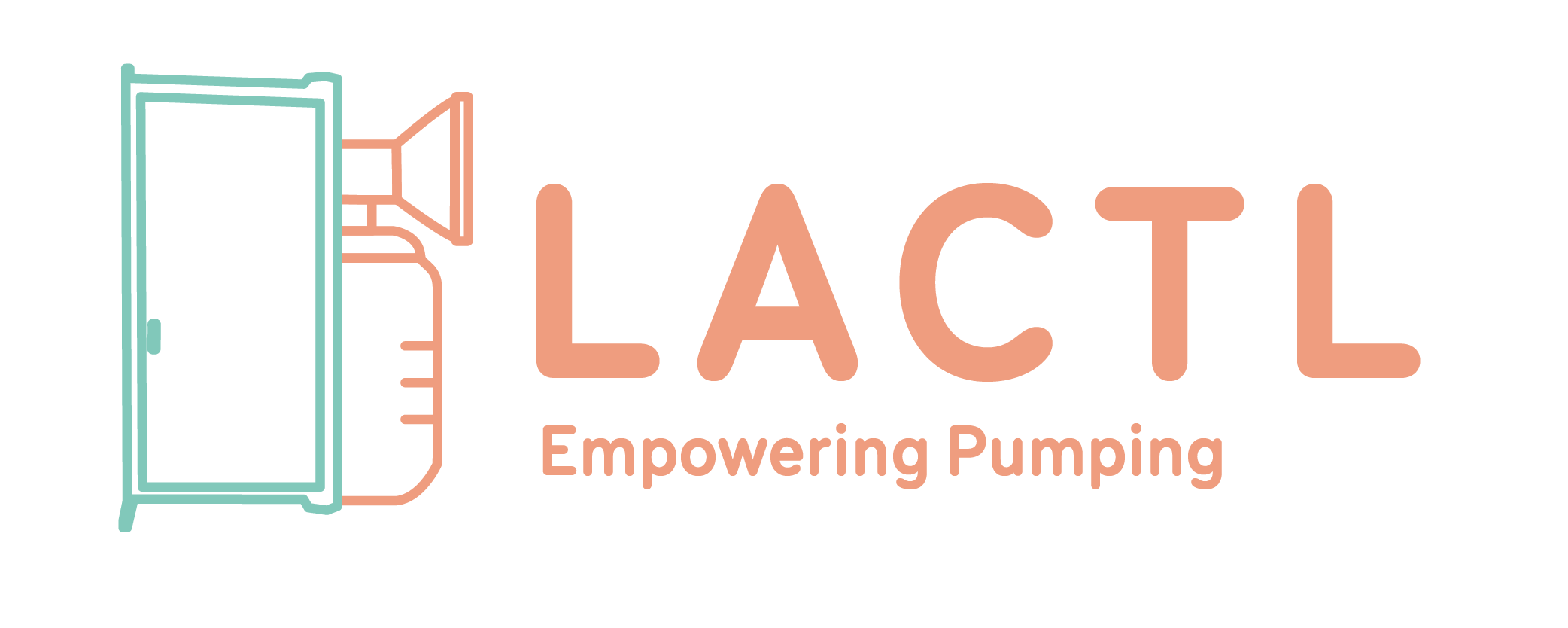6 Reasons Why Maternity Leave Isn’t A Vacation
Not all time spent away from work is equal. While the sound of several weeks free of meetings, deadlines and the daily stresses of work life seems ideal for most, maternity is far from a vacation. And anyone who has been able to take time away for maternity leave will tell you the same.
Unfortunately, the United States is the only industrialized nation not to offer paid maternity leave. Currently, under the Family and Medical Leave Act, most new parents can take up to 12 weeks of unpaid leave without the threat of job loss. Note ‘most’, not all. Due to certain requirements, only 60% of American workers are entitled to leave under the FMLA, and whilst you may have the right some aren’t able to afford to take it.
It is difficult to imagine what it’s like, physically and emotionally, what the weeks after giving birth are like if you have never experienced it yourself. The attitude that parents looking after a baby isn’t a vacation may be a reason why the U.S. doesn’t have a federally mandated maternity law. Conversations need to change, starting with knowing what a woman goes through during maternity leave. It comes with no manual, requires you to train on the job and the learning curve is steep.
So whether you want to understand more or to forward this to your clueless colleagues, here are six things women experience while on maternity leave that prove it is not a vacation!
1. Your Body Hurts
Now, this is an obvious one, you have just given birth! For hours you have suffered from contractions and labor pains to the eventual welcoming of your new baby. What many don’t realise is your body doesn’t heal overnight, on average new moms can take 6-8 weeks to feel at least a little normal. For some, this can be a long process. And just to top it all off, if you decide to breastfeed here comes the sore nipples, clogged milk ducts, and breast infections!
2. Your Emotions Are Everywhere
Approximately 70% to 80% of women will experience, at a minimum, the ‘baby blues’1. Many of these women will experience the more severe condition of postpartum depression or a related condition. Your body has gone through all the changes to help you prepare for childbirth, and many of those relate to your body producing different hormones. Because the physical and emotional effects of postnatal hormones can be experienced soon after childbirth, many women can expect to experience symptoms of hormonal imbalance. Every woman’s postpartum hormones timeline will look different, so recovery is key.
3. Everything is New and Non-Stop
You are on 24-hour baby duty! Once your baby arrives home, everything is new and busy in ways most have probably never experienced. Prepare for constant crying, feeding, and pooping! If it is your first child, all your knowledge is from books and word of mouth. To actually do it takes time, patience and failure. You need to learn what suits you and your child, so take that relaxed feet-up imagery out of your head!
4. You Are Alone
Most parents can’t afford for both of them to be on leave, and with paternity leave currently being non-existent, it is difficult for new moms to get support. It’s not as if their partners don’t want to help, it seems mostly the system is against them. Which leaves mom to handle most of the responsibilities during the day alone.
5. You Get No Sleep
Again obvious, babies cry … a lot. A new parent is probably getting three to four hours of sleep per night - and it is most likely to be interrupted. There is no way you can convince us you are sleep deprived whilst on holiday!
6. Overall There is No Break
When you are home alone with a newborn, taking a break seems impossible. You get your time only when your newborn allows it. If they cry for you, doesn’t matter what you are doing (and you know it will be the second you take a bathroom break!) you are there for them. It is a 24-hour role.
So next time someone at work says: ‘how was your holiday?’ or ‘I wish I could have 12 weeks off” just remind them how sleep-deprived and fuzzy-headed you are (or send them a link to this blog!)
Source:
1. https://americanpregnancy.org/first-year-of-life/baby-blues/
Subscribe to our blog to receive regular updates and new articles. Whether you are a mother or an employer, join our discussion by following us on our social media: @lactlscreens and use #lactl.


